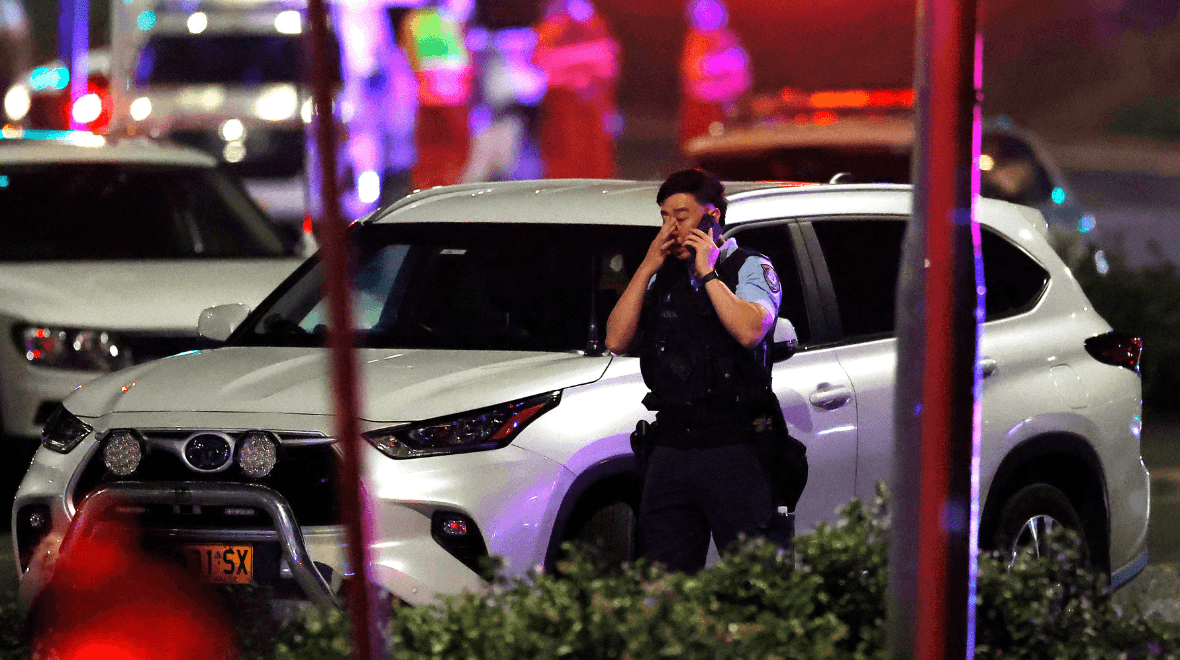Minister Simon Harris said some of the findings are "deeply troubling".
A newly published survey has found that over 34.2% of female students have experienced "non-consensual vaginal penetration through coercion, incapacitation, force, or threat of force".
In April of 2021, at the request of the Further and Higher Education Minister Simon Harris, the Higher Education Authority (HEA) conducted national surveys to monitor the experiences of students and staff in relation to sexual violence and harassment.
This was in order to create a "robust evidence base" for further policy and funding decisions in relation to tackling sexual violence and harassment in higher education institutions (HEIs).
11,417 responses were analysed in total, comprising of 7,901 students and 3,516 staff.
Of the 7,901 students who completed the online survey, 6,051 were women, 1,640 were men and 167 were gender non-binary students, while 43 students preferred not to say their gender.
In regards to the student surveys, a majority of students agreed that they felt safe from sexual violence and harassment at their accommodation and around the campus.
That said, only a third or less felt safe socialising at night on campus or in the local community.
Of the 7,319 students that responded to the questions on sexual harassment, a majority said they had experience of sexist hostility, which was defined as "remarks and treatment that is derogatory and has a sexist basis".
67% said they experienced being treated differently because of gender at least once, while 63% said they experienced offensive remarks and 66% said they experienced being put down or condescended to because of gender.
https://twitter.com/DublinRCC/status/1486700631129735180
Also, more than half of the participants said they had experienced examples of sexual harassment such as repeatedly being told offensive sexual stories or jokes (54%), unwelcome attempts at being drawn into a discussion of sexual matters (58%), or offensive remarks about appearance, body or sexual activities (57%).
Of the 5,962 students who responded to the set of questions on sexual violence, 14% said someone had oral sex with them while they were incapacitated and unable to give consent, while 7% said this had happened when they were physically forced to do so.
Meanwhile, the number of females who responded to the section of the survey on non-consensual vaginal penetration varied from 3,237–3,363 depending on the question.
Of these, 34.2% of female students - totalling over 1,100 students - said they experienced non-consensual vaginal penetration through coercion, incapacitation, force, or threat of force.
Launching the results of the surveys on Thursday (27 January), Harris said that, though the overall findings pointed to some positive developments in HEI's such as awareness-raising and education, there were some "deeply troubling findings".
“Since I have been appointed, my department and the HEA have placed a real focus on ensuring third level is safe and a leader in the calls for change," the Minister said.
"Crucially, we needed a robust evidence base and this survey gives us vital information to inform further actions."
The Dublin Rape Crisis Centre wrote on Twitter that the findings indicated a "high prevalence of sexual violence in our colleges".
It said the survey further underlines "the urgent need for all students to understand and practice consent".
For more information on the surveys and for a list of supports for people affected by the issues raised in this article, visit the government's website
here.













